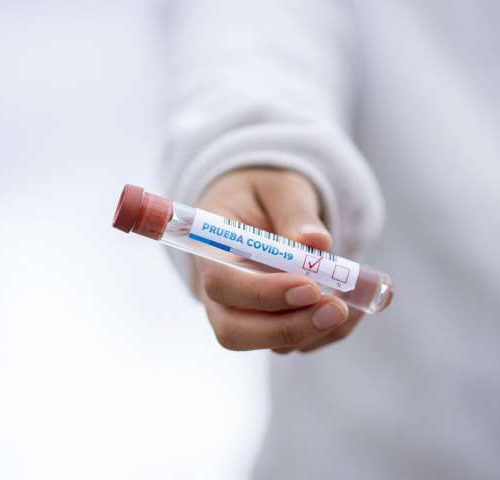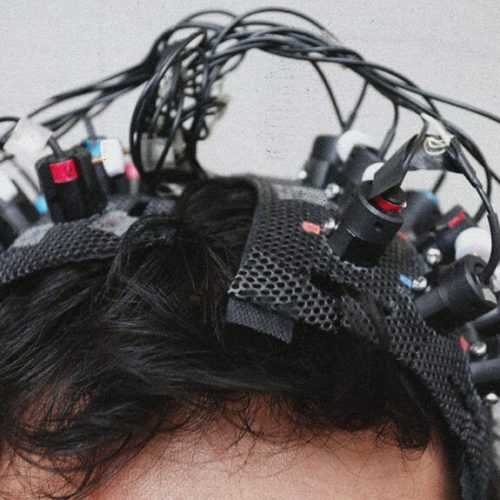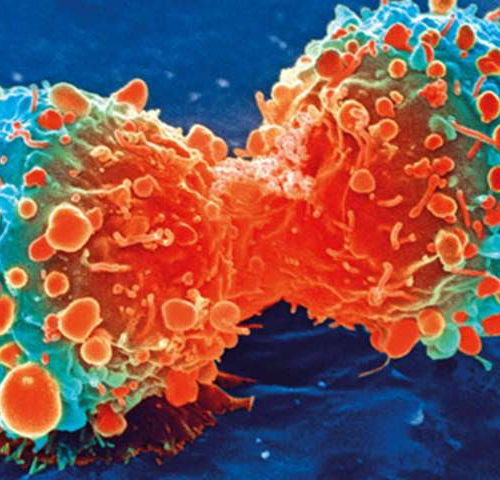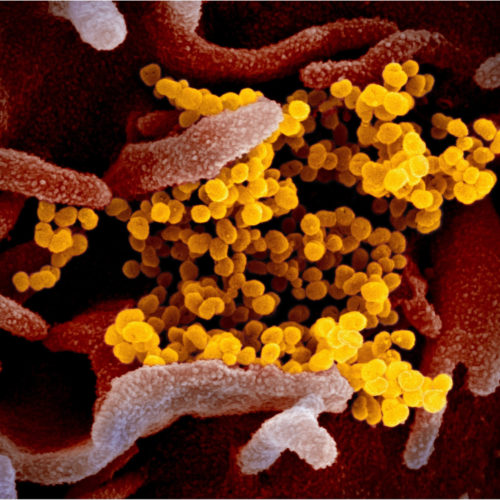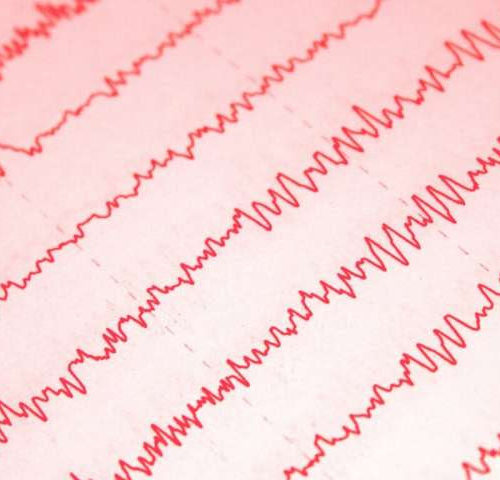by Anglia Ruskin University New research reveals that tinnitus, a common condition that causes the perception of noise in the ear and head, is being exacerbated by COVID-19—as well as the measures helping to keep us safe. The study of 3,103 people with tinnitus was led by Anglia Ruskin University (ARU), with support from the British Tinnitus Association...
Tag: <span>COVID-19</span>
Llama nanobodies could be a powerful weapon against COVID-19
by University of Pittsburgh Wally the Llama. Today in Science, researchers at the University of Pittsburgh School of Medicine describe a new method to extract tiny but extremely powerful SARS-CoV-2 antibody fragments from llamas, which could be fashioned into inhalable therapeutics with the potential to prevent and treat COVID-19. These special llama antibodies, called “nanobodies,” are much smaller than...
COVID-19 can disrupt electrical activity in frontal lobes of brain
A review of research suggests that abnormalities in the front of the brain identified by electroencephalography (EEG) tests are common among patients who have neurological symptoms with COVID-19. Estimates vary, but approximately 15–25% of patients with severe COVID-19 may experience neurological symptoms, such as headaches, confusion, delirium, impaired consciousness, seizures, and strokes. Doctors may refer patients who are experiencing neurological...
Cancer treatment could be replicated for COVID-19
by Candy Gibson, University of South Australia Cancer cell during cell division. Beta-blockers could potentially be used to treat COVID-19, according to a new international study by Italian and Australian scientists. University of South Australia cancer researcher, Dr. Nirmal Robinson, working with a team in Naples, has found evidence in animal models that the beta-blocker Propranolol...
Some COVID-19 “long haulers” experience lasting skin problems
MASSACHUSETTS GENERAL HOSPITAL BOSTON – Some patients with COVID-19 have persistent skin-related symptoms long after their initial infection has cleared, according to a new analysis. The findings, presented at the 29th Congress of the European Academy of Dermatology and Venereology by investigators at Massachusetts General Hospital (MGH), point to another burden experienced by so-called “long...
India’s COVID-19 cases have declined rapidly—but herd immunity is still far away
A health worker takes a swab sample from a man to test for COVID-19 outside a garment shop in Mumbai. MUMBAI—Last week, a panel of leading scientists appointed by the Indian government delivered a startlingly optimistic message: The world’s second largest COVID-19 epidemic has rounded a corner. India’s daily number of daily new cases has...
Review finds almost 20% of COVID-19 patients only show gastrointestinal symptoms
UNIVERSITY OF ALBERTA FACULTY OF MEDICINE & DENTISTRY Almost one in five patients with COVID-19 may only show gastrointestinal symptoms, according to a review of academic studies published in the journal Abdominal Radiology. The findings of the review suggest abdominal radiologists need to remain vigilant during the pandemic while imaging patients. Gastrointestinal symptoms associated with COVID-19...
Different outcomes by race/ethnicity among patients with COVID-19 and rheumatic disease
WILEY Among U.S. patients with rheumatic disease and COVID-19, racial/ethnic minorities had higher risks of needing to be hospitalized and put on ventilators. The findings come from an analysis published in Arthritis & Rheumatology. The analysis included data on all U.S. patients with rheumatic disease and COVID-19 entered into the COVID-19 Global Rheumatology Alliance physician registry...
COVID-19 incubation period potentially much longer than previously thought
By Sally Robertson, B.Sc.,Oct 25 2020 Researchers at Trinity College Dublin have provided an updated estimate of the incubation period for severe acute respiratory syndrome coronavirus 2 (SARS-CoV-2) – the agent causes coronavirus disease 2019 (COVID-19). Initial estimates made during the early stages of the pandemic ranged from around 4 to 7 days. However, numerous reports have since...
What EEGs tell us about COVID-19 and the brain
by Graciela Gutierrez, Baylor College of Medicine Throughout the pandemic, healthcare workers have seen more than just the lungs affected by COVID-19. Doctors have reported neurological complications including stroke, headache and seizures, but the information is limited to a number of individual reports that are not reflective of a larger population. Researchers from Baylor College of Medicine...

